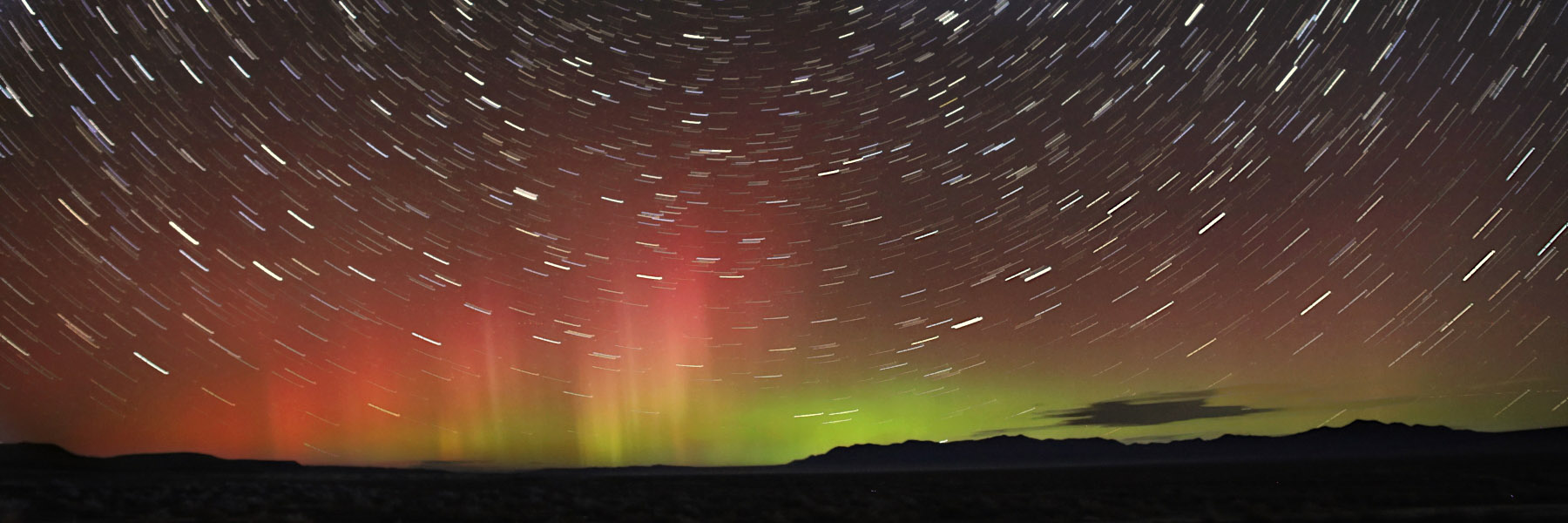CEDAR Diversity, Equity and Inclusion
“CEDAR has the opportunity to bridge across scientific and societal boundaries to enrich the field and the individual’s experience, growth, and impact through inclusivity and equity. “ — Jeff Thayer, CEDAR chair 2007-2010
Inclusive, participatory science provides a better environment for learning and growth, and leads to new ideas and research directions (Nielsen et al. 2017, Loder 1999, Campbell et al. 2013, Freeman & Huang 2014). Scientific meetings play an important role in promoting the exchange of ideas, foster collaborations, provide opportunities to connect with colleagues, build a network and knowledge which is necessary to build a career. To fully benefit from scientific meetings nobody should be left out or feel isolated intentionally or otherwise. Potential causes of being left out or feeling isolated could be no common background, not seeing people like themselves, barriers like childcare, safe bathrooms, universal accessibility of meeting, harassment, and assault.
Our goal for CEDAR is to be welcoming and provide the means that everybody benefits from the workshop and from the CEDAR science community.
CEDAR DEI task force
At the 2020 CEDAR Virtual Meeting, approximately 80 members of the community participated in a workshop entitled “Diversity, Equity, Inclusion and CEDAR”. A number of issues and practices regarding Diversity, Equity, and Inclusion (DEI) in CEDAR surfaced. Given the positive feedback received as part of what should be seen as the beginning of a continuing dialogue about DEI issues in our community, it was clear a grassroots effort focusing on addressing some of the issues raised at the workshop could lead to real progress within CEDAR and the broader Heliophysics communities related to DEI. As a result, The CEDAR Diversity, Equity, and Inclusion (DEI) Task Force was formed.
The CEDAR community is asked to show support for an anti-racist, anti-discriminatory, and inclusive CEDAR community in the form of a signature the Call to Action document.
Task force leads: Mack Jones Jr., Julio Urbina, Lindsay Goodwin
Task force members: Katrina Bossert, Phil Erickson, Komal Kumari, Meghan Lemay, Huixin Liu, Susan Nossal, Zishun Qiao, Jia Yue, and Matthew Zettergren
How to get involved
Contact the task force lead with inquiry regarding DEI events or participation in the task force. CEDAR DEI has a slack presence in “CEDAR Science” channel #diversity-equity-and-inclusivity-in-cedar
The task force developed a living document with a list of actionable steps to make CEDAR and the wider geospace community more diverse, equitable, and inclusive.
The DEI task force organized regular DEI happy hours via zoom to provide a safe space for discussion and sharing experiences of various DEI related topics. Everybody is welcome to join. The days and times are announced via the CEDAR mailing list and on the CEDAR Slack channel for DEI.
CEDAR dependent care grants
The financial burden of dependent care affects CEDAR community members. The impact can be so great that it often prevents attendance at meetings, especially for early career scientists, which is important for the advancement and vitality of CEDAR science. CEDAR will offer small grants for CEDAR workshop attendees to support dependent care needs. Learn more about the dependent care grants.
CEDAR demographics
A component to foster awareness and facilitate more equitable participation is to establish a baseline now and monitor future progress at scientific meetings. This data needs to be shared with the community to create accountability (Pendergrass et al., 2019).
DEI related resources
2020 DEI Workshop Summary by Jeff Thayer (pdf)
Mack Jones’ talk at 2021 AGU in SH34A: Diversity, Equity, and Inclusion in the Space Sciences
Diversity and Inclusion at AGU
Equitable Letters in Space Physics - Resources for writing better recommendation and nomination letters within the space physics community
AGU Bridge program offers students from historically marginalized populations the opportunity to attend institutions that are interested in supporting the continuation of their academic education in geoscience Master’s and Ph.D. programs.
Significant Opportunities in Atmospheric Research and Science (SOARS) is an undergraduate-to-graduate bridge program designed to broaden participation of historically underrepresented communities in the atmospheric and related sciences.
Assessing the demographics of the 2021 and 2022 CEDAR workshop, Jones Jr. M. & A. Maute, Front. Astron. Space Sci., Sec. Space Physics; https://doi.org/10.3389/fspas.2022.1074460
Code of conduct
CEDAR and CPAESS, as the meeting organizers, are committed to providing a safe, productive, and welcoming environment for all participants, no matter what role they play or their background. This includes respectful treatment of everyone regardless of gender, gender identity or expression, sexual orientation, disability, physical appearance, age, body size, race, religion, national origin, ethnicity, level of experience, political affiliation, veteran status, pregnancy, genetic information, as well as any other characteristic protected under state or federal law. All participants and guests are required to abide by this Code of Conduct.
DEI related articles
- No Time for silence
- Geoscience community needs to be more diverse and inclusive (Scientific American, 8 May 2020)
- Campbell, L.G., Mehtani S., Dozier M.E., Rinehart J. (2013) Gender-heterogeneous working groups produce higher quality science. PLoS ONE, 8:e79147. doi:10.1371/journal.pone.0079147
- Ford, H.L. C. Brick, M. Azmitia, K. Blaufuss, P. Dekens (2019), Women from some minorities get too few talks, Comments, Nature Vol. 576.
- Ford, H.L., Brick, C., Blaufuss, K. et al. Gender inequity in speaking opportunities at the American Geophysical Union Fall Meeting. Nat Commun 9, 1358 (2018). https://doi.org/10.1038/s41467-018-03809-5
- Freeman, R.B., and W. Huang (2015) Collaborating with People Like Me: Ethnic Co-authorship within the US. Journal of Labor Economics, 33(3), no. S1: S289-S318. doi:10.1086/678973
- Loder, N. (1999) Gender discrimination undermines science. Nature, 402:337.
- Nielsen, W., et al. (2017) Correction for Nielsen et al., opinion: Gender diversity leads to better science. Proceedings of the National Academy of Sciences of the United States of America. 114:E2796. doi:10.1073/pnas.1700616114
- Pendergrass, A., Zelikova, J., Arnott, J., Bain, H., Barnes, R., Baron, J., … Thompson, L. A. (2019). Inclusive scientific meetings: Where to start. doi:10.5065/1hjh-yf38
- Jack-Scott, E., Luna Aponte, K., Bhatia, R. (2022); Guide to Organizing Inclusive Scientific Meetings.

